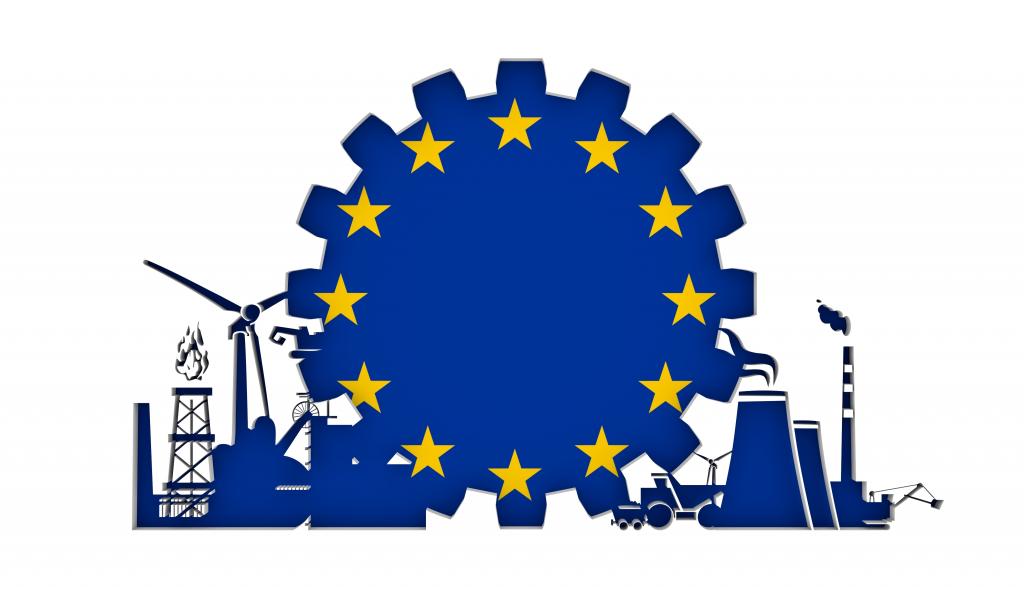What motivated you to work on the role of the European Commission in the collective securitisation of EU energy policy?
We tend to forget it, but a decade ago, after a long dispute, Russia halted all gas transfers to Europe through Ukraine, leaving a number of EU citizens freezing to death. For many of us, reliable energy is completely self-evident. Studying the securitisation of energy unpacks this conundrum: How do political systems react when such a fundamental aspect of life is under threat?
Professor Stephanie Hofmann and I were invited to contribute to a special issue proposing a theory of collective securitisation in the EU – that is, how the EU and its member states collectively identify threats, attribute a special status to such a threat and also respond to the threat with exceptional measures. As an ambiguous policy area, EU energy arguably is a hard case for this theory, because the successful securitisation of a threat to energy at the EU level is not easy to recognise: When can we truly say that the EU and its member states have created a “new normal” of energy policy that came about through exceptional measures? And when are we seeing normal EU policy integration? To do justice to the complexity of energy policy, we answered these questions by understanding securitisation as a non-sequential process in which securitisation, contestation and de-securitisation run in parallel.
What are the central contribution(s) of your research, be they political, empirical or theoretical, to the existing debates in the literature on EU energy policy?
Empirically, we found that a number of EU member states pushed for the collective securitisation of Russia as a threat in the area of energy, but they did not succeed despite multiple crises involving Ukraine and its neighbours. This is because other member states rejected the framing of Russia as a security threat in this context, and because they did not agree to match security rhetoric with exceptional measures.
In our analysis, we identify two dominant policy frames through which the EU can drive policy integration, and, potentially, achieve collective securitisation: first, a market frame that understands energy as a globally traded commodity; second, a security frame that sees energy as a strategic issue of stability. Using these policy frames allows us to show how despite a failed collective securitisation attempt, this process nonetheless produced the conditions for further market integration, and put in place a number of innovative governance tools for the European Commission in this area. The Commission in fact acted as a skilful policy orchestrator that increased its autonomy by engaging member states’ interests very strategically.
Relying on the evidence presented in your article, were there results that surprised you?
As researchers of regional and international organisations, we should never forget the centrality of member states: we’ve seen proactive policy entrepreneurship by certain member states, especially Poland, which successfully occupied key posts in the governance of EU energy policy. At the same time, there was also powerful resistance of big member states that extended to their semi-public energy providers, above all Germany.
There was also an interesting geographical aspect to the results. Instead of putting in place a collective security mechanism across the European continent, the policy outcome interestingly recalls the idea of a “Europe of regions”. Risk mitigation in the gas sector is relegated to solidarity mechanisms between a handful of neighbouring states, instead of a EU-wide mechanism.
Finally, securitisation attempts were answered with interesting policy innovations: instead of collective securitisation, the Commission received new competencies in collecting and disseminating information on risks in the energy sector. There are gas market “stress test” exercises that we know originally from the financial sector. The Commission also gained new ex ante screening rights of its members’ energy treaties with third states – no longer can a member state conclude a binding treaty with third countries without a Commission opinion on its legality, and without other member states knowing about it.
Lastly, how do you see the future of securitisation in EU energy policy?
It’s always tricky to speculate about the future, and change is quite slow in the energy sector. The EU’s dependence on Russian gas and liquefied natural gas from the United States will continue for several decades. Regardless of whether or not the transatlantic alliance thrives, building up the infrastructure for phasing out of Russian gas will be costly and long.
All the while, the European Commission will continue trying to exploit its regulatory ambit. EU treaties stipulate that the formal control of national energy mixes is a national prerogative, but risk governance and ex ante screening are powerful tools for the Commission that it will seek to maximise in the future.
And in the long-term, Europe’s energy transformation is the big question mark, but it also has great potential: many environmentally friendly forms of energy tend to be more locally produced. They would decrease dependency on other energy providers of fossil origin – and make Europe’s energy markets both safer and more sustainable.
* * *
Full citation of the article:
Hofmann, Stephanie C., and Ueli Staeger. “Frame Contestation and Collective Securitisation: The Case of EU Energy Policy.” West European Politics (2018). doi:10.1080/01402382.2018.1510197.
Interview by Buğra Güngör, PhD candidate in International Relations and Political Science.
Front illustration: GrAl / Shutterstock.com.


